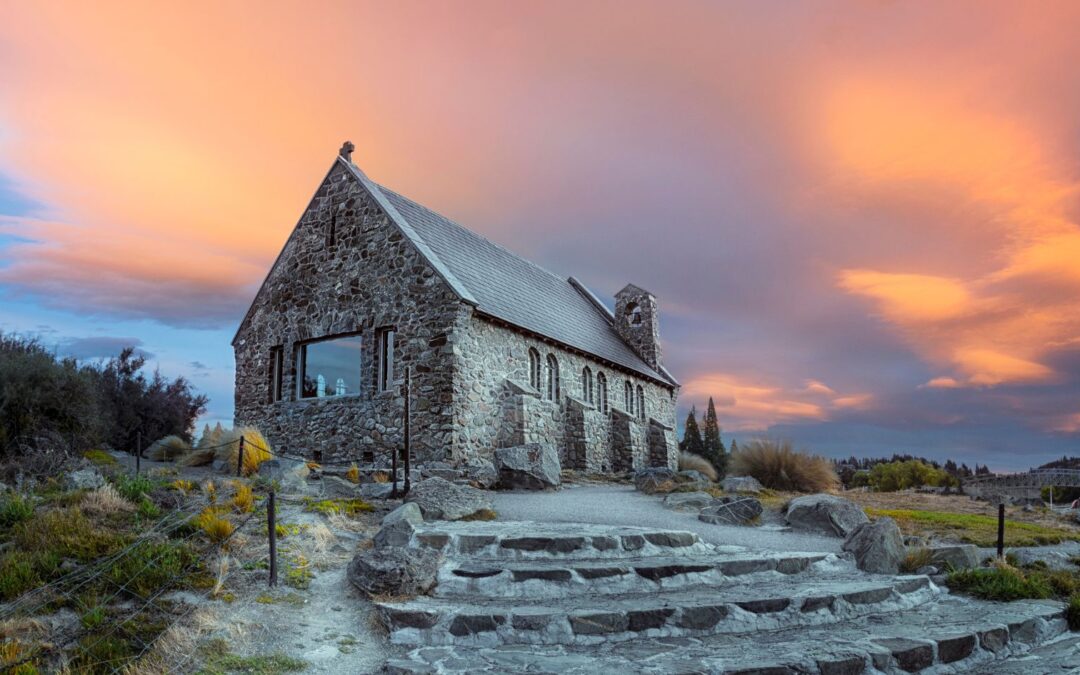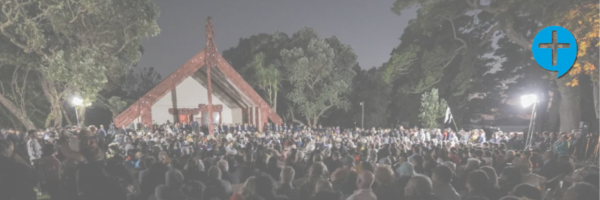Unsurprisingly, there are many varying interpretations of Te Tiriti o Waitangi /the Treaty of Waitangi, some of them helpful, and some of them distorting.
Any interpretation of the Treaty does need to reflect both what it actually said, and how it was understood at the time.
A key historical factor behind the Treaty/Te Tiriti was humanitarian Christian concern to have Māori protected from lawless Pākehā and from the destructive impacts of unregulated colonisation. From the late 1830s it was clear that New Zealand was about to be colonised by the New Zealand Company, which had little regard for Māori wellbeing.
Christian missionaries in New Zealand did not want or welcome colonisation. But, in order for Māori to be protected, they wanted New Zealand to come under British law and order. For that to happen, Māori chiefs had to assent to British jurisdiction by way of a treaty, and to receive reassurances about their rights. This Christian humanitarian motivation behind the Treaty needs to figure more strongly in public discussion of its meaning and intent.
The assumption that the Treaty/Te Tiriti was just a deceptive pretext for colonisation and injustice is understandable, but confuses intentions and outcomes. Harmful outcomes did not arise out of the Treaty itself, but from its disregard.
In Article 1, Māori chiefs agreed to the British Crown’s governorship over New Zealand: ‘kawanatanga’ in the Māori version, and ‘sovereignty’ in the English version. The Crown’s overall governance over New Zealand was primarily so that the British Crown could regulate Europeans and protect the rights of Māori.
Te Tiriti was not about initiating large-scale European colonisation, but in effect it did help facilitate that. In accepting the Treaty and the Crown, however, the Māori chiefs were not in any way signing up to subjugation, cultural domination by settlers, or the loss of their own land and language.
In Article 2, Māori chiefs were guaranteed full rights to their own chiefly mana and authority (tino rangatiratanga), lands, fisheries, and property. It also implied a considerable degree of Māori self-determination, especially at that time. The subsequent breach of these promises, especially with regard to land, caused considerable harm and hurt among Māori, which has required redress in various ways.
Sure, in some respects times have changed: Māori have become a minority in a country that was once theirs alone, Māori rangatira no longer exercise quite the same power over their people that they once did, New Zealand is now ethnically and culturally very mixed, and Māori themselves hold a range of views. But the co-existence and balance of Crown governance in Article 1 and chiefly rights in Article 2 does imply some ongoing partnership between Crown and Māori, and that there should be an appropriate recognition in New Zealand of Māori voices, guardianship, language and culture. Such recognition is not ‘racism’ or ‘apartheid’, as some claim.
In Article 3, Māori were given the same rights and privileges as British citizens. This was an important assurance to the chiefs, that in effect Māori would not become second class citizens subjected to injustice and oppression from Pākehā. This article was likewise significantly compromised. Nowadays, it reminds us that all New Zealanders, whether Māori, Pākehā, Pasifika, Asian, or whatever, have equal rights in law. However, none of that precludes this nation honouring Māori as the tangata whenua, the original people of the land, who in signing Te Tiriti in effect opened their country to all who have subsequently made Aotearoa New Zealand their home.
Christians should neither disregard nor distort the Treaty, nor deify it. It was a governmental document, not a religious document. But we do well to remember that among other things it reflected Christian biblical values of justice, order, and human equality.
Te Tiriti was also promoted among Māori chiefs by Christian missionaries, who in good faith assured the chiefs that the Crown would always act justly. It was signed in trust by Māori chiefs, many of whom were also Christian. Many Māori – though not all – came to regard Te Tiriti as a sacred kawenata (covenant), an agreement made in the sight of God which should be honoured. Later, British governors and settler governments seriously violated the Treaty, but against the strong protests of a number of prominent missionaries.
Of all people, Christians must always be on the side of justice, truthfulness, respect, generosity, and reconciliation.
Also, we need to remember that spiritually, in Christ, there is ‘neither Jew nor Greek’, Māori nor Pākehā, nor anyone else: despite our ethnic, and cultural distinctives – which are to be respected and treasured, not devalued or erased – those who belong to Christ can have a transcending unity in the Spirit of Christ.











